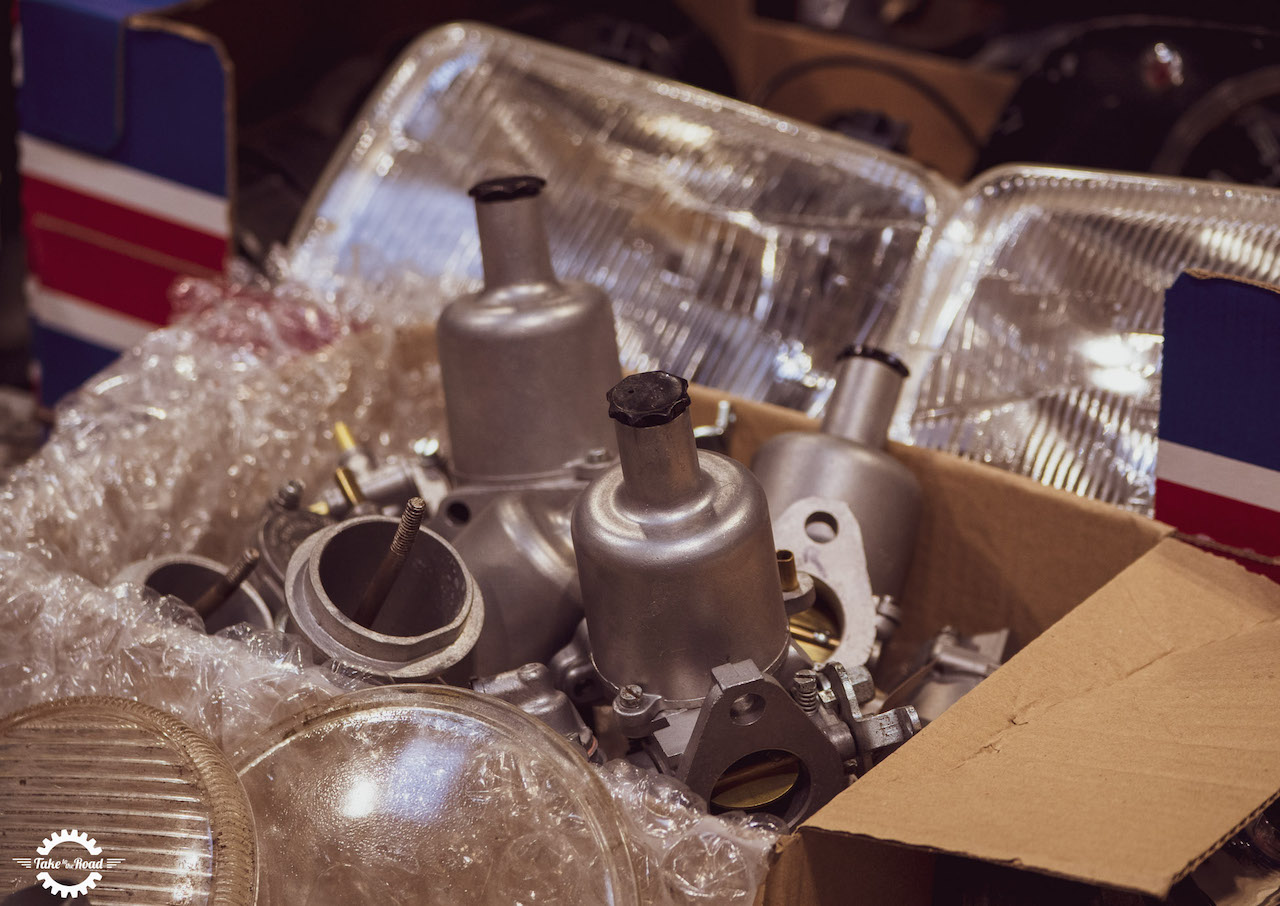As our cars become more advanced, efficient, and reliable, they tend to last longer than ever before. This means that when an old car ends its life after many years of use, it is important to find the best and most responsible way of recycling it. The proper disposal of an end-of-life vehicle (ELV) is essential in order to protect the environment, save resources, and reduce waste. This article will discuss the different methods available for properly disposing of an ELV in an environmentally friendly way.
- What is an End-of-Life Vehicle?
- Reasons To Recycle ELV’s
- Options for Properly Disposing of ELV’s
- Benefits of Reusing and Recycling ELV’s
1. What is an End-of-Life Vehicle?
An End-of-Life Vehicle (ELV) is a vehicle that has come to the end of its useful life and has been sent for dismantling or disposal. This includes cars, vans, buses and other vehicles that have reached the age of fifteen or older, have not been used for more than one year or have undergone some form of structural damage.
ELVs are beneficial to both consumers and our environment as they are recycled in order to prevent hazardous materials from entering the atmosphere. Furthermore, many parts can be reused when an ELV is dismantled and this ensures that fewer resources are wasted when new parts are produced. In conclusion, End-of-Life Vehicles provide a responsible and sustainable way of disposing of old automobiles.
2. Reasons To Recycle ELV’s
Recycling end-of-life vehicles is an environmentally responsible decision that offers numerous benefits. Instead of allowing these old vehicles to languish in salvage yards or landfills, recycling them helps in conserving scarce resources and reducing our carbon footprint. By dismantling and reusing viable parts, we effectively minimise the need for new materials and decrease the energy required for manufacturing processes.
Moreover, the recovery of valuable metals such as steel, aluminium, and copper from these vehicles contributes to a sustainable and circular economy. Recycling end-of-life vehicles also aids in safeguarding the environment by preventing hazardous substances like battery acids, fuels, and coolants from contaminating soil and groundwater. Ultimately, embracing responsible disposal of end-of-life vehicles demonstrates our commitment to a cleaner, greener, and more resource-efficient future for generations to come.
3. Options for Properly Disposing of ELV’s
The proper disposal of end-of-life vehicles (ELVs) has become a pressing concern in recent years, as environmental awareness continues to grow and the number of vehicles reaching the end of their useful lives increases steadily. A variety of options are available for conscientious consumers looking to dispose of their ELVs in an ecologically responsible manner. One popular choice is taking the vehicle to an authorised treatment facility (ATF), where professionals de-pollute and dismantle the car, recycling as many components as possible.
Another option involves donating the ELV to non-profit organisations that refurbish and resell old vehicles to provide scholarships or job training to disadvantaged individuals. Additionally, some companies specialise in the removal and recycling of vehicles that are no longer roadworthy, even offering cash incentives to encourage eco-friendly practices. By considering these options and making an informed decision, individuals can ensure they are making a positive impact on the environment and contributing to a more sustainable future.
4. Benefits of Reusing and Recycling ELV’s
Automotive recyclers use equipment that not only breaks vehicles down into useful components, but also recycles oils and other chemicals safely so they don’t end up in places where they may cause harm to ecosystems or other animals. Reusing a vehicle’s parts can reduce pollution since manufacturers create fewer new parts, fewer resources are expended in manufacturing, and gases like CO2 being released into the atmosphere are decreased significantly.
In addition to this positive environmental impact, automobile recyclers typically pay a fair price for end of life vehicles as well as any usable parts from them, making reuse and recycling beneficial economically too!
To conclude
Recycling end-of-life vehicles is a responsible and highly beneficial way to reduce our environmental impact. By choosing to properly dispose of our old vehicles, we can help conserve scarce resources, safeguard the environment from hazardous materials, and contribute to a more sustainable future. Moreover, automobile recyclers offer attractive economic incentives for those looking to reuse or recycle their ELVs, making this the best option for both our wallets and our environment. By considering these options and making an informed decision, individuals can ensure they are making a positive impact on the environment and contributing to a more sustainable future.






